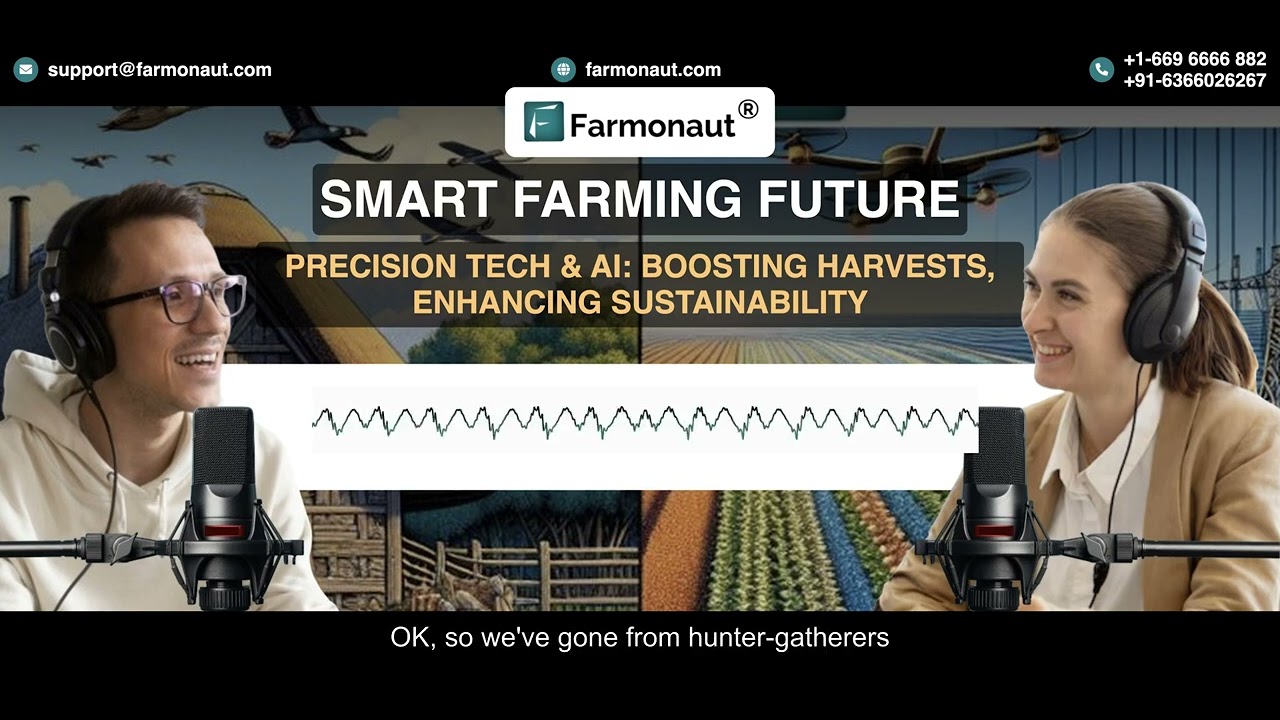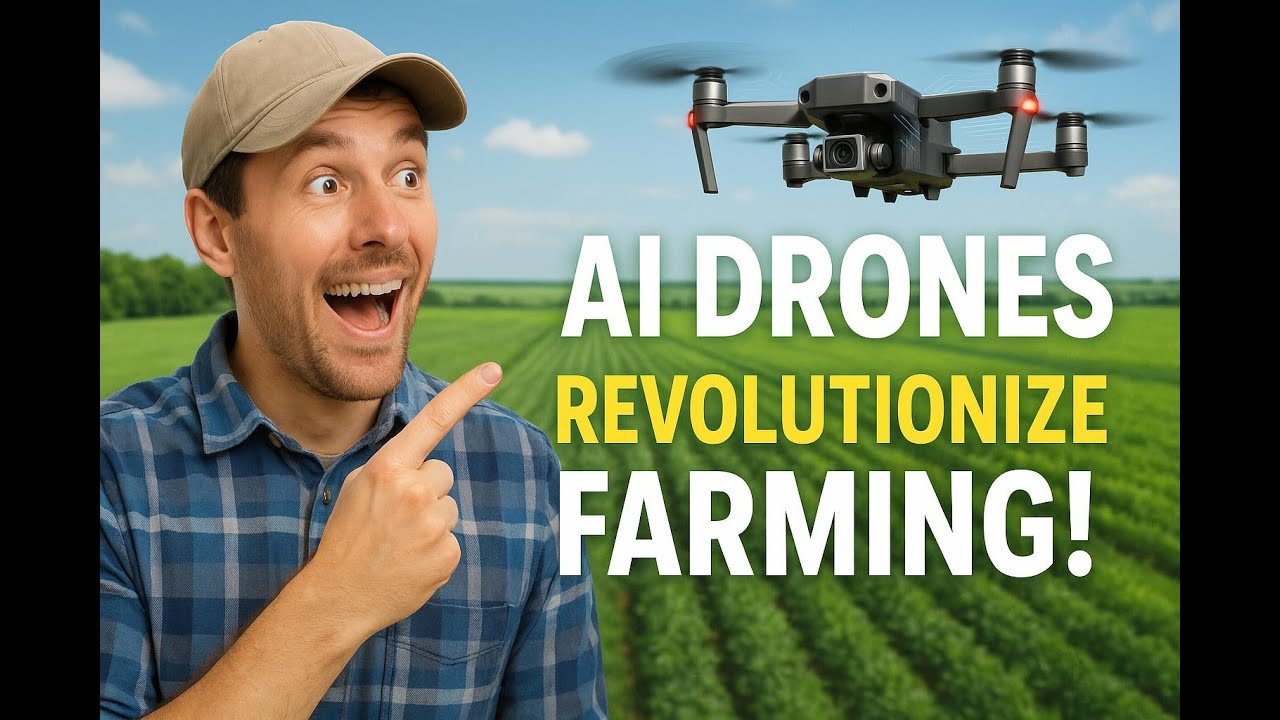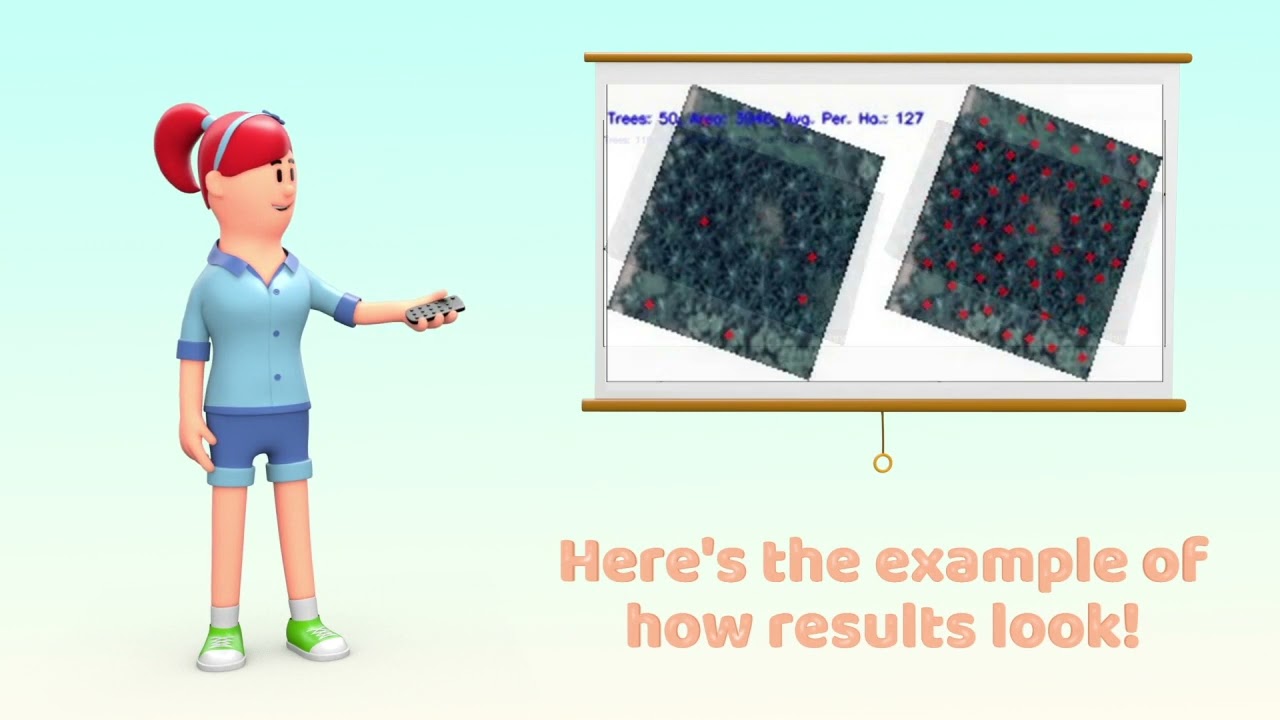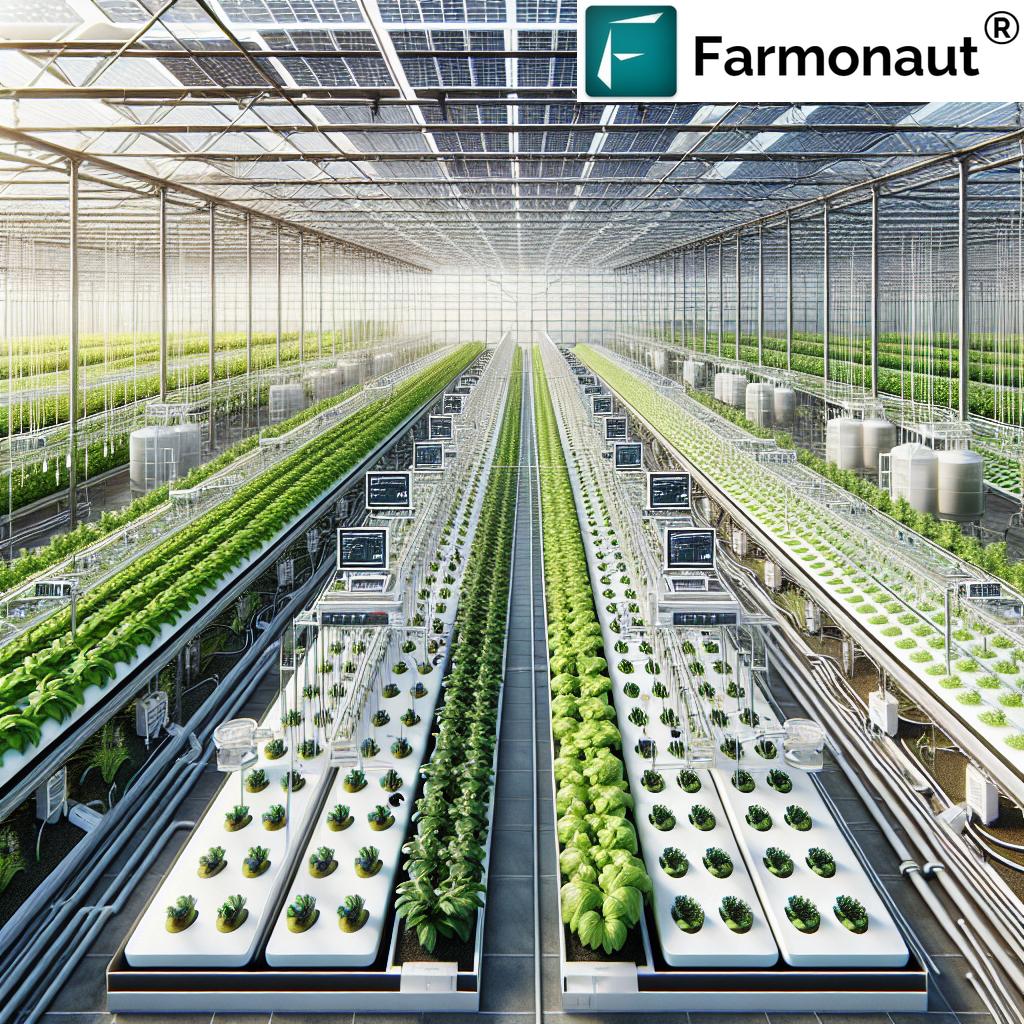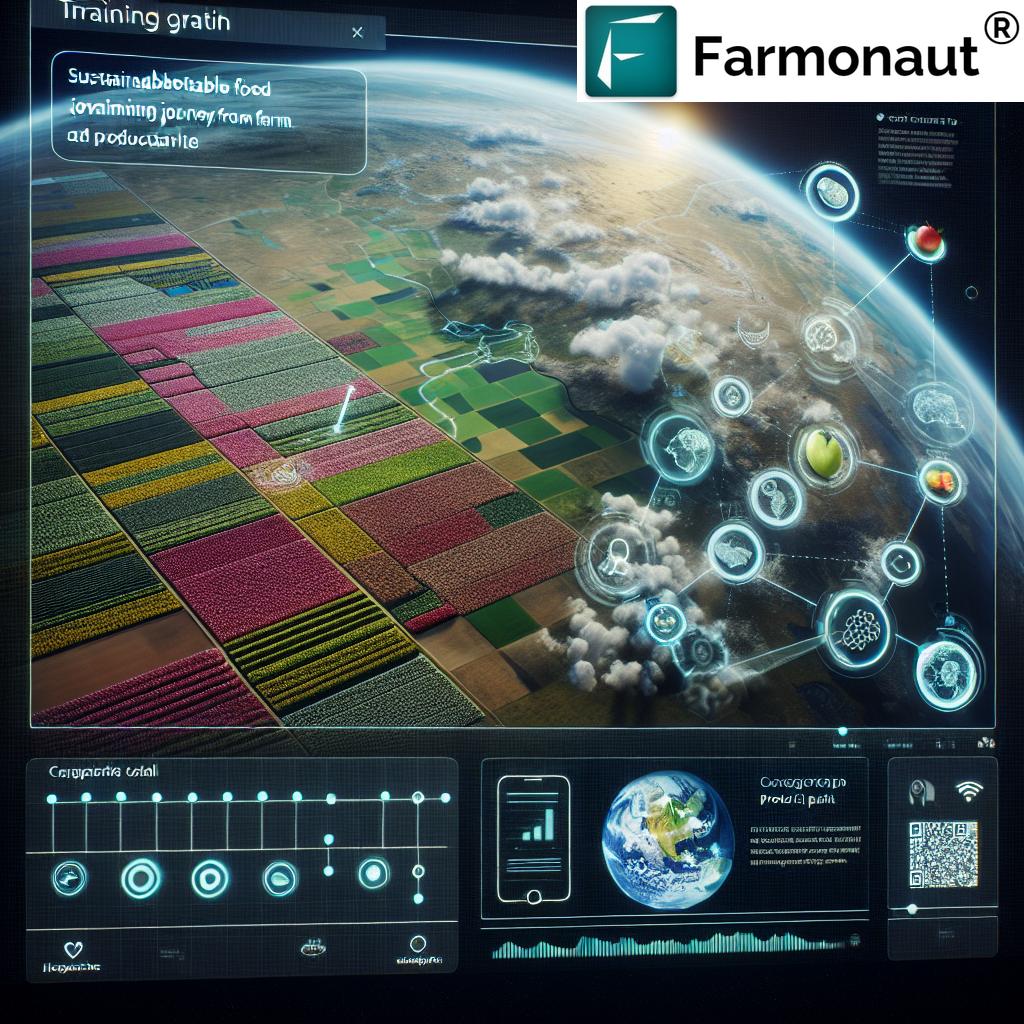Zebu Cow & Mini Zebu Cow: 7 Powerful Traits for 2026 Success
Zebu Cows: A Vital Asset for Sustainable Agriculture and Livestock Farming in 2025
“Zebu cows produce up to 30% less methane than conventional breeds, supporting climate-resilient livestock in 2025.”
Introduction: The Enduring Value of Zebu Cows in Agriculture
The zebu cow, also known as humped cattle or Bos indicus, has carved a unique niche in agricultural and livestock systems across tropical and subtropical regions for centuries. These animals’ distinctive characteristics and genetic makeup enable them to excel where other cattle breeds struggle. In 2025 and beyond, the importance of zebu cows, including their miniature and mini zebu cow variants, will only continue to grow, particularly for farmers seeking sustainable, efficient, and climate-resilient livestock solutions.
This in-depth article explores how zebu breeds, mini zebu cows, zebu bulls for breeding, and the availability of zebu cows for sale provide vital opportunities for improving rural livelihoods and advancing sustainable farming. We’ll examine their unique traits, relevance for modern agriculture, and contributions to resource-efficient animal husbandry. Our analysis is designed to educate and empower farmers, agricultural stakeholders, and anyone exploring ways to thrive in a changing climate scenario—especially in Asia, Africa, and Latin America.
Before diving deeper, discover actionable AI and AgriTech strategies with the video below for a future-ready approach:
The Unique Characteristics of Zebu Cows: Why They Matter in 2026
The zebu cow is distinguished by a prominent hump over the shoulders, a large dewlap, and distinctive drooping ears. These physical features are more than aesthetic; they underlie several survival and performance advantages:
- Heat tolerance: The prominent hump and thin skin help regulate body temperature in hot tropical and subtropical environments.
- Disease resistance: Zebu breeds possess innate immunity against many parasites and tropical diseases affecting livestock in regions like Asia, Africa, and Latin America.
- Adaptability: Their efficient metabolism and ability to utilize coarse feedstocks allow them to thrive on marginal lands where European or exotic breeds would not survive.
- Efficient resource use: Zebu cows require fewer inputs, can graze on low-quality forage, and still maintain good health and productivity—ideal for resource-constrained farmers.
- Longevity and hardiness: With an average lifespan of 15-20 years, these cattle offer extended work and production cycles, reducing herd replacement rates and procurement costs for farmers.
In 2026 and beyond, as climatic variations and heatwaves become more frequent, the zebu cow’s resilience and sustainability attributes make it a preferred choice among diverse livestock systems.
Comparative Traits Table of Zebu Cow Breeds: 7 Key Traits for Success
To fully appreciate the superior qualities of zebu breeds, we’ve compiled a comparative table highlighting seven essential traits—heat tolerance, disease resistance, feed efficiency, size, lifespan, milk yield per day, and adaptability—across zebu cows, mini zebu cows, and other related breeds. This visual guide supports decision-making for farmers and stakeholders striving for sustainability and efficiency in livestock farming.
| Trait | Zebu Cow | Mini Zebu Cow | Other Zebu Breeds |
|---|---|---|---|
| Heat Tolerance | Very High (40+°C / 104°F) |
High (Up to 40°C / 104°F) |
High-Moderate |
| Disease Resistance | Excellent | Excellent | Good-Excellent |
| Feed Efficiency | High (1.5-2% body weight/day in dry matter) |
Very High (Eat 40% less forage than standard breeds) |
Moderate-High |
| Size | 350-600 kg (adult) | 80-200 kg (adult) | Varies (100-800 kg) |
| Lifespan | 15-20 years | 18-22 years | Varies |
| Milk Yield per Day | 3-8 liters | 1-4 liters | 2-10+ liters |
| Adaptability | Best for hot, variable climates & poor feed | Outstanding for limited land & harsh environments | Good-Excellent |
Miniature & Mini Zebu Cow Benefits: Compact Livestock for Small-Scale Farming
“Mini zebu cows require 40% less grazing land, enhancing sustainable farming efficiency by 2026.”
Over the past decade, the miniature zebu cow has witnessed surging demand in urban and peri-urban settings—and this trend is set to accelerate through 2026. Both mini and miniature zebu cows embody the strengths of their larger counterparts but in a package more suitable for smaller farms, limited land, and resource-constrained farmers.
Advantages of Mini and Miniature Zebu Cows
- Ideal for backyard farming and homesteads—can thrive with minimal space requirements.
- Reduced feed and water needs: Require up to 40% less forage and water than standard breeds.
- Excellent for sustainable farming in both developing regions and modern urban settings.
- Produce milk and meat sufficient for small families or niche markets.
- Can serve as dung producers for organic fertilizer in mixed agricultural systems.
- Docile nature and smaller size make handling and care easier, fostering livestock engagement for beginners.
- Used as draft animals for lightweight field operations.
In countries across Asia (India, Bangladesh, Cambodia), Africa (Nigeria, Kenya, Uganda), and increasingly in Latin America, these animals are empowering new generations of small- and micro-scale farmers to participate in sustainable livelihoods.
Discover more about precision farming, AI, and technology empowerment for future harvesting in the next video:
Integration in Sustainable and Regenerative Agriculture
As climate-smart farming gains prominence, miniature zebu cows are increasingly being integrated into regenerative agriculture models—supporting soil health, carbon farming, and holistic resource management. Their manure enriches soil fertility, reducing synthetic fertilizer dependency and fostering ecosystem resilience.
We encourage anyone interested in advanced monitoring and AI-based livestock management tools to explore Farmonaut’s large scale farm management solutions. These satellite-derived insights empower better herd, grazing, and feed strategies—tailored for both rural and peri-urban agricultural operations.
Sustainable Breeding and the Role of Zebu Bulls in Genetic Improvement
Every thriving herd begins with a focus on zebu bulls. These animals are the foundation for genetic quality, ensuring the herd’s improvement and resilience over successive generations. In 2025 and beyond, the deliberate use of zebu bulls in breeding programs will become even more vital as climate and disease threats intensify.
- Genetic improvement: Zebu bulls with selected traits—high milk yield, robust disease resistance, adaptability—help produce hardy, futureproof herds.
- Conservation of indigenous genes: Preserving purebred and regionally-adapted zebu breeds is critical for agricultural resilience and biodiversity.
- Modern AI techniques: Artificial insemination using high-quality semen from proven zebu bulls is increasingly popular, making genetic gains accessible to even remote farming communities without live animal transport.
- Hybrid vigor: Crossbreeding with local breeds often results in animals better adapted to challenging scenarios—low-input conditions, rising temperatures, and unpredictable feed quality.
Farmers seeking improvement in their herds’ genetic potential are recommended to utilize blockchain-enabled traceability tools to verify and document animal lineage and breeding outcomes. This transparency promotes better selection, disease management, and long-term herd health.
For traceability across the beef and dairy value chain, learn how blockchain supports livestock verification:
Availability and Market for Zebu Cows for Sale in 2025
The market for zebu cows for sale is sustained by a blend of local needs and evolving consumer preferences. As more farmers recognize the value of hardy zebu breeds, and as global interest in indigenous and climate-resilient livestock grows, the buying and selling of these animals is set to expand further in 2026 and beyond.
How the Market is Evolving
- Traditional livestock markets and auctions remain a cornerstone for local trade—connecting breeders, farmers, and buyers across rural regions.
- In 2025, digital marketplaces and mobile apps are increasingly streamlining access. Farmers can view availability, pedigree details, and location before making purchasing decisions.
- Growing demand for organic milk, traditional meat, and ethically raised zebu derivatives fuels premium pricing.
- Cross-border trade is supported in many parts of Asia, Africa, and Latin America due to the zebu cow’s ability to adapt across varied environments.
With climate and disease challenges, buyers increasingly seek zebu cows for sale that are:
- Certified for genetic quality
- Raised on sustainable farms
- Capable of thriving in specific climatic or resource scenarios
For farmers and agri-businesses interested in efficient financial processes, Farmonaut provides satellite-based systems to support crop loan and livestock insurance verification. These tools significantly reduce fraud risk and improve access to rural financing.
Market Outlook Beyond 2026
The strong competition between miniature zebu cow breeders and traditional sellers is expected to intensify, especially for:
- High-yield dairy cows suited to heat-stressed environments
- Mini zebu cows for urban/peri-urban micro-farming
- Regenerative meat breeds in sustainable processing ventures
This diversity in market offerings strengthens rural livelihoods and broadens options for farmers seeking to pivot toward sustainability in animal agriculture.
Connecting Satellite-Based Solutions to Modern Livestock Markets
Rural and semi-urban producers can leverage Farmonaut’s fleet and resource management tools to streamline livestock logistics, from market day transport to grazing optimization. These solutions reduce operational costs and support real-time tracking for improved animal welfare and profitability.
Farmonaut’s Satellite Solutions and Livestock Sustainability
As a satellite technology leader, we at Farmonaut offer advanced digital solutions for agriculture and livestock management. Our platform empowers farmers, agri-enterprises, and governments to become data-driven and climate resilient through access to:
- Satellite-Based Monitoring: View and monitor grazing areas, land health, and resource usage remotely.
- Real-time Environmental Impact Tracking: Carbon footprint and methane emission data support eco-friendly herd management (learn more about Farmonaut’s carbon foot-printing solutions).
- AI-Powered Farm Advisory: Our Jeevn AI system analyzes livestock and crop trends for tailored actions at herd and farm level.
- Blockchain-Based Traceability: Assure buyers and regulators about the origin and health status of cattle sold or purchased (product traceability system details here).
- Crop and Livestock Financial Verification: Simplifies insurance and loan processes for agri-businesses and smallholders.
Our solutions are accessible on 


Technical users and developers can connect via our API or visit the API Developer Docs for custom integrations.
For those engaged in oil palm plantations or other specialty crops alongside livestock, see how our monitoring tools can maximize efficiency:
Farmonaut Subscriptions for Livestock Sustainability
Looking to get started with satellite monitoring, advisory, or traceability? Check out our tailored subscription packages below for individuals, agri-enterprises, and government users.
Frequently Asked Questions
What is a zebu cow and how do they differ from European cattle breeds?
Zebu cows (Bos indicus) are humped cattle native to Asia and Africa, recognized for their distinctive hump, large dewlap, and drooping ears. They differ from European (Bos taurus) breeds in their superior heat tolerance, disease resistance, and efficiency on poor-quality forage. Their genetic characteristics make them essential for sustainable livestock systems in challenging environments.
What are the benefits of mini or miniature zebu cows?
Mini and miniature zebu cows retain the resilience and hardiness of full-sized zebu but are more suitable for small-scale or urban farming due to their compact size. They require less feed, water, and space, making them ideal for farmers with limited resources, while still providing milk, meat, and manure for integrated agricultural systems.
Are zebu cows only suitable for tropical and subtropical regions?
While zebu cattle are best adapted to hot, variable climates typical of the tropics and subtropics, selective breeding and crossbreeding practices have made them increasingly viable in semi-arid and temperate regions, especially where climate change is increasing temperature extremes and environmental pressures.
How do zebu bulls improve genetic quality in herds?
Zebu bulls are central to breeding programs. By selecting bulls with desirable traits—such as heat tolerance, disease resistance, and milk yield—farmers can improve the genetic foundation and adaptability of their herds, making them more resilient and productive over the long term.
What should farmers consider when looking for zebu cows for sale?
Farmers should consider the genetic background, health status, and adaptation to their local environment when looking for zebu cows for sale. Sourcing from reputable breeders and using traceability systems ensures better long-term herd productivity and resilience.
Can satellite and AI technology support zebu cow farming?
Yes. Satellite monitoring, AI-driven advisory (like Farmonaut’s Jeevn AI), and blockchain traceability tools help optimize grazing, track herd health, manage resources, and ensure transparent livestock transactions. These tools are increasingly essential for 21st-century, climate-smart livestock management.
Where can I access more tools for livestock management using the latest technologies?
You can download and use Farmonaut’s platform on web or mobile for real-time monitoring, AI-powered advisory, traceability, and resource management. Explore more via our app links above or the API and developer documentation.
Conclusion: The Future of Zebu Cow Breeding and Agriculture
As we look to 2026 and beyond, it’s clear that zebu cows, their miniature breeds, and zebu bulls will continue to play an irreplaceable role in sustainable agriculture and livestock production across diverse regions. Their heat tolerance, disease resistance, adaptability, and efficient use of limited resources make them essential for farmers facing intensifying climate and resource challenges. Mini and miniature zebu cows will further enable small-scale and urban farmers to engage in profitable and resilient livestock rearing.
By embracing modern tools—from AI-powered advisory to blockchain traceability and satellite-based monitoring—stakeholders in the livestock sector can optimize herd management and support climate-smart farming. These solutions help secure nutritious food, rural incomes, and environmental balance for current and future generations.
Ready to enhance your sustainable farming journey?
Explore Farmonaut’s satellite-driven tools or check crop and plantation advisory solutions for complete support in modern agriculture.



